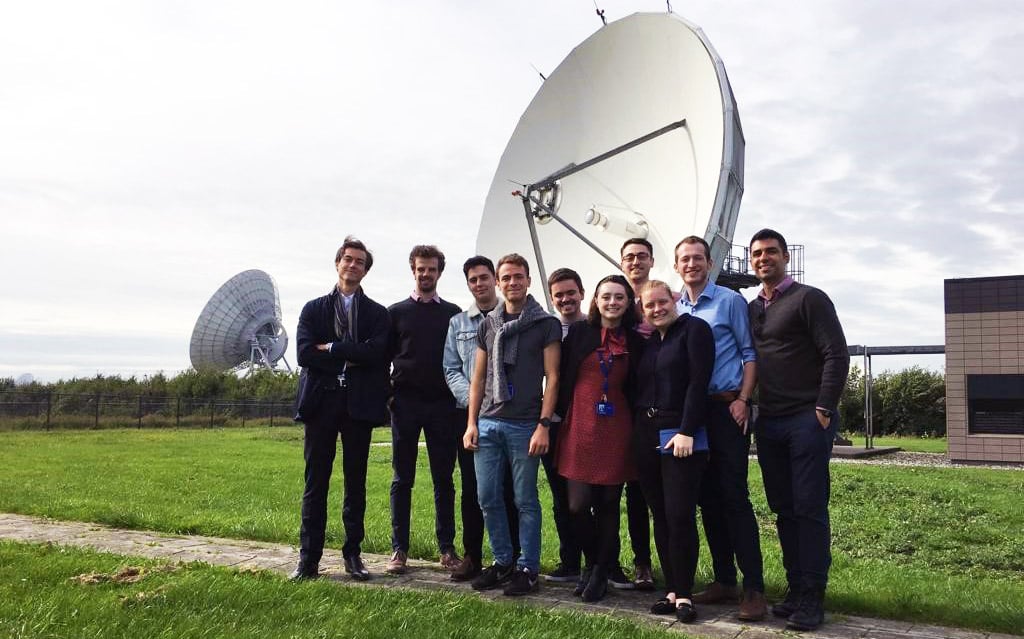Is connectivity a human right?
This year’s Inmarsat Summer Strategy Challenge came to a successful conclusion when students from City & Islington College in London presented their findings on the ‘Digital Divide’ to a prestigious audience of industry experts.
Students studying science, technology, engineering and mathematics (STEM) courses at the College’s Sixth Form Centre for Applied Sciences have been attending weekly sessions held at Inmarsat’s HQ to address the value of satellite connectivity in less developed parts of the world.
The challenge was set against the backdrop of Inmarsat’s current UK Space Agency-funded Digital Frontiers project to bring internet connectivity to local communities in key growth hubs in Sub-Saharan Africa.
Outperformed expectations
“This is the second year that we’ve run this programme with City & Islington College and once again the students have outperformed expectations,” said James Cemmell, Inmarsat Head of Government Affairs and programme organiser.
“Over the six weeks they’ve demonstrated understanding of technology concepts and taken on board content from the skills sessions to structure complex problems as well as present with impact.
“The Inmarsat Summer Strategy Challenge offers deserving STEM students an opportunity to express and expand on their skills at a leading global engineering and technology company. It also provides Inmarsat with a rare chance to work closely with the ‘app’ generation – our users of the future.”
Communication skills
Specialists from business and satellite sectors, including Dalberg and Satellite Applications Catapult, as well as key Inmarsat experts, have been encouraging the students to debate whether connectivity is a human right and how to overcome barriers resulting in today’s digital divide.
The sessions not only provided them with an understanding of the applications developed for emerging markets, but also equipped students with the strategic and communication skills required to complete the task.
“I’d hoped that the experience was going to challenge the students by asking them to produce something that was outside of their comfort zone, with people they weren’t familiar with, and from what I’ve seen Inmarsat has succeeded in that,” said David Swinscoe, Strategic Director or Science, Learning & Skills Improvement Service (LSIS) STEM, City & Islington College.
Now in its second year the programme forms part of Inmarsat’s promotion of STEM education to encourage young people to be inspired by space-enabled communications and to follow careers in the satellite world.

